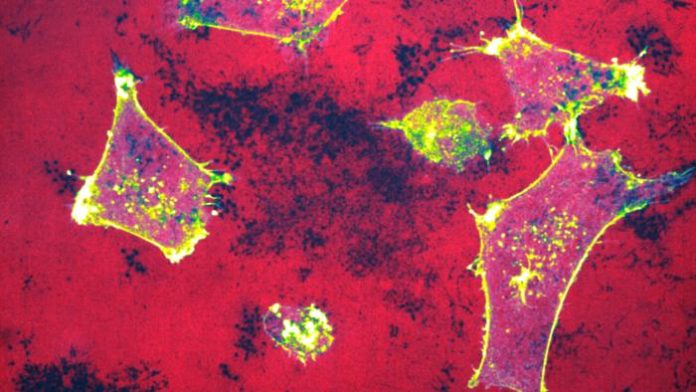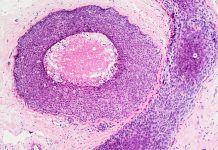
A new visualisation tool is shedding light on how breast cancer spreads. This innovative fluorescent probe, called Illusia, allows researchers to observe dynamic signalling within moving cancer cells, potentially opening new avenues for treatment and preventing metastatic spread
The groundbreaking visualisation tool developed by researchers at the University of Turku in Finland is offering new insights into how breast cancer cells spread, potentially paving the way for more effective treatments. The study, published in Nature Cell Biology, details the development of a fluorescent probe, named Illusia, that allows scientists to observe the signalling dynamics within moving cancer cells in real-time.
Visualising the invisible: Tackling breast cancer spread
Cancer cell movement, a critical factor in metastasis, is a complex process influenced by various signals. Understanding how cells receive, process, and respond to these signals has been a significant challenge.
Dr. James Conway, the lead researcher, explained, “Signalling networks inside cells control everything from growth to movement, but visualising this in living cells requires new and refined methods. I set out to see these invisible signals and came up with a new tool, which we call Illusia, to do just that.” The Illusia probe is a significant advancement, enabling researchers to track cellular activity with unprecedented clarity.
Shp2: A key regulator
The research team’s focus is on identifying factors that regulate the metastatic movement of breast cancer cells. Their work has highlighted the protein phosphatase Shp2 as a key regulator of metastasis. Professor Johanna Ivaska, the Principal Investigator on the project, noted, “Cell movement is essential for cancer cells to spread from the primary tumour to secondary sites… Our research finds that drugs currently in clinical trials for blocking growth in other tumour types may also be effective in blocking breast cancer spread.” This discovery suggests that existing drugs could potentially be repurposed to combat breast cancer metastasis.
Implications beyond breast cancer
The implications of this research extend beyond breast cancer. The findings may provide a broader understanding of cancer cell invasion from solid tumours in general. Dr. Conway added, “It has transformed our understanding of what sorts of signalling are needed for cell movement… This gave our work a colourful twist, something we are all seeking in today’s world, as we strive for better treatments.”
The next steps for Illusia and breast cancer research
The research team is now focused on exploring the therapeutic opportunities that have emerged from these findings. The development of Illusia and the identification of Shp2’s role in metastasis represent significant steps forward in the fight against breast cancer.










